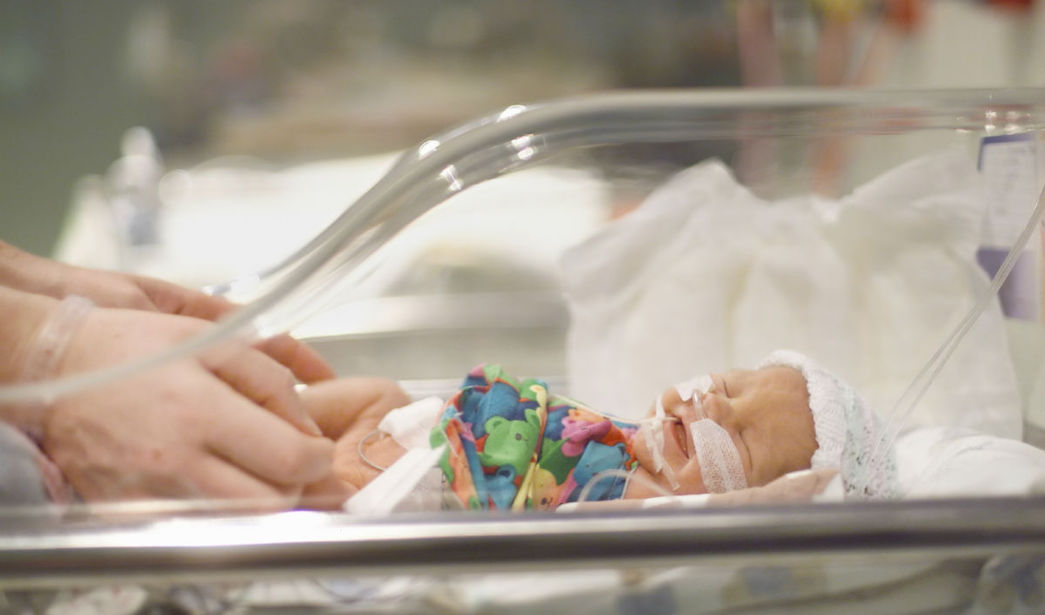Medical Negligence and Bronchopulmonary Dysplasia
Premature babies are at risk of developing serious respiratory complications resulting from medical negligence.
Bronchopulmonary dysplasia is an extremely serious lung disease that affects newborns. It usually occurs in babies born 10 weeks prematurely or earlier. It develops in babies with respiratory distress syndrome, a condition in which the baby’s lungs are not developed sufficiently to inhale an adequate amount of air.
Complications of Breathing Machines
To treat respiratory distress syndrome, doctors employ a breathing machine to help the infant breathe. It involves the use of a flexible plastic tube that is placed inside the trachea of the infant that opens up the airways, making it easier for the baby to breathe. However, the process can lead to a complication known as bronchopulmonary dysplasia (BPD) characterized by symptoms such as lung scarring and inflammation.
Non-Invasive Treatment Methods
Bronchopulmonary dysplasia (BPD) is believed to be the leading cause of death among premature newborns with extremely low birth weight. To prevent this condition, physicians will not use an invasive breathing machine and instead will use alternative methods. There are two alternative non-invasive treatment methods available to doctors:
- Nasal Continuous Positive Airway Pressure (CPAP): This involves the use of a mask, which is placed over the baby’s face and exerts pressure to prevent the lungs from collapsing.
- Nasal Intermittent Positive Ventilation (IPPV): Positive airway pressure is exerted to help the baby breathe.
Recently, a study was published in the New England Journal of Medicine that studied the effectiveness of these non-invasive ventilation techniques. The study involved infants from 34 neonatal units from 10 different countries. 50 percent of the participants were treated for respiratory distress syndrome using CPAP and the other half with IPPV. The study was conducted on 987 infants, and results showed that of the 497 babies treated with IPPV, 38 percent developed bronchopulmonary dysplasia, while 37 percent of those who were treated with CPAP developed the condition. It was concluded that both these treatment methods are equally effective.
Can Bronchopulmonary Dysplasia (BPD) Be Prevented?
Pregnant women can take some precautions to prevent BPD in their babies.
- Get regular checkups through pregnancy so that the doctor can identify any signs of premature delivery.
- Stick to a healthy diet as it will promote healthy development of the baby and prevent some diseases.
- Pregnant women should avoid consumption of tobacco and alcohol or the use of illegal drugs.
- If a pregnant woman has any medical conditions such as diabetes or hypertension, she should be monitored closely and treated appropriately to avoid any complications.
- Maintain proper hygiene to prevent infections.
Speak With an Attorney
If medical negligence has led to bronchopulmonary dysplasia in your baby, contact the birth injury attorneys at Zevan and Davidson LLC for legal guidance. Contact us at (314) 588-7200 for a free consultation.
Missouri Medical Malpractice Lawyer
If you have suffered as a result of medical malpractice, contact our legal team right away. Waiting to seek legal representation can prevent you from filing a claim and receiving the compensation you deserve.
Contact Zevan Murphy today.

